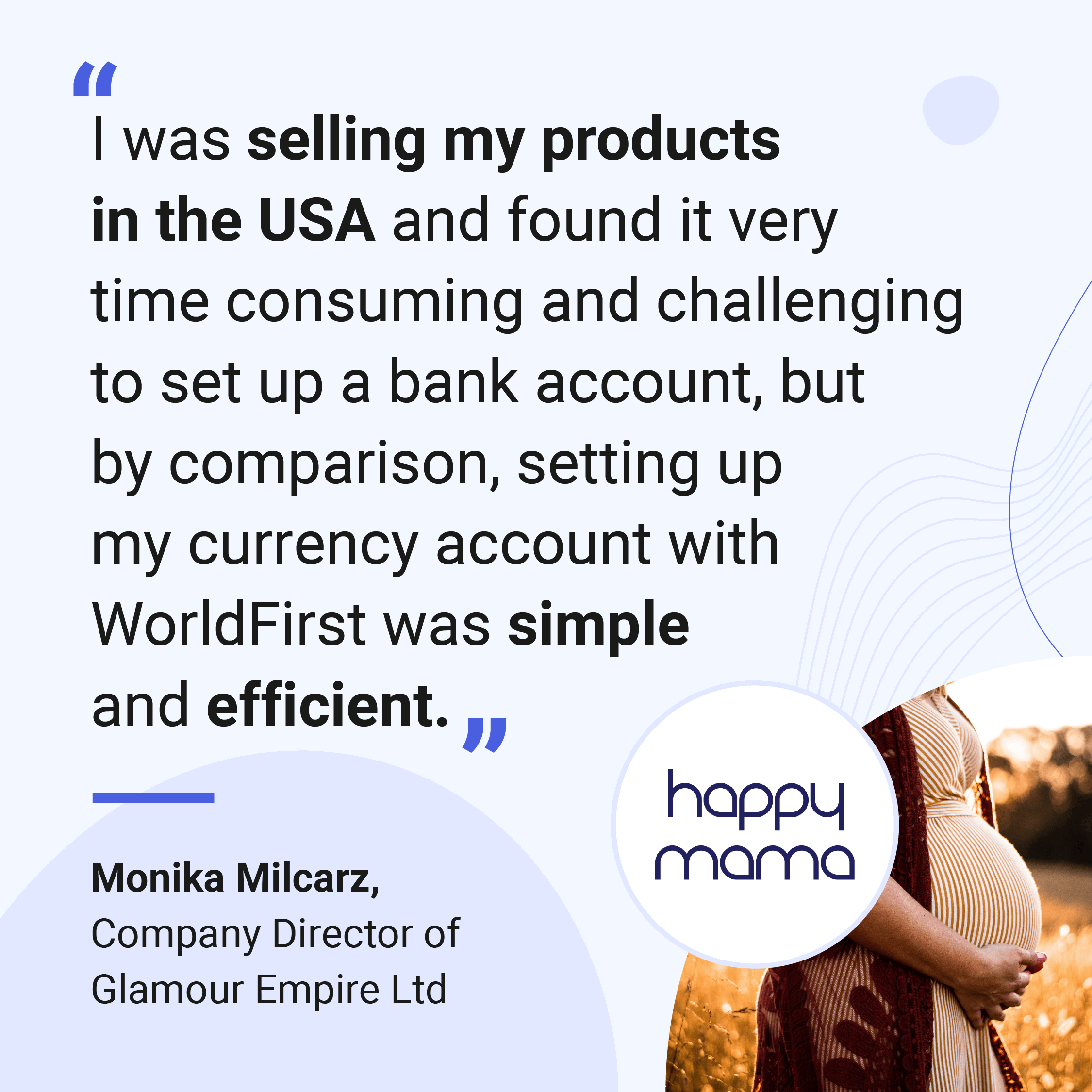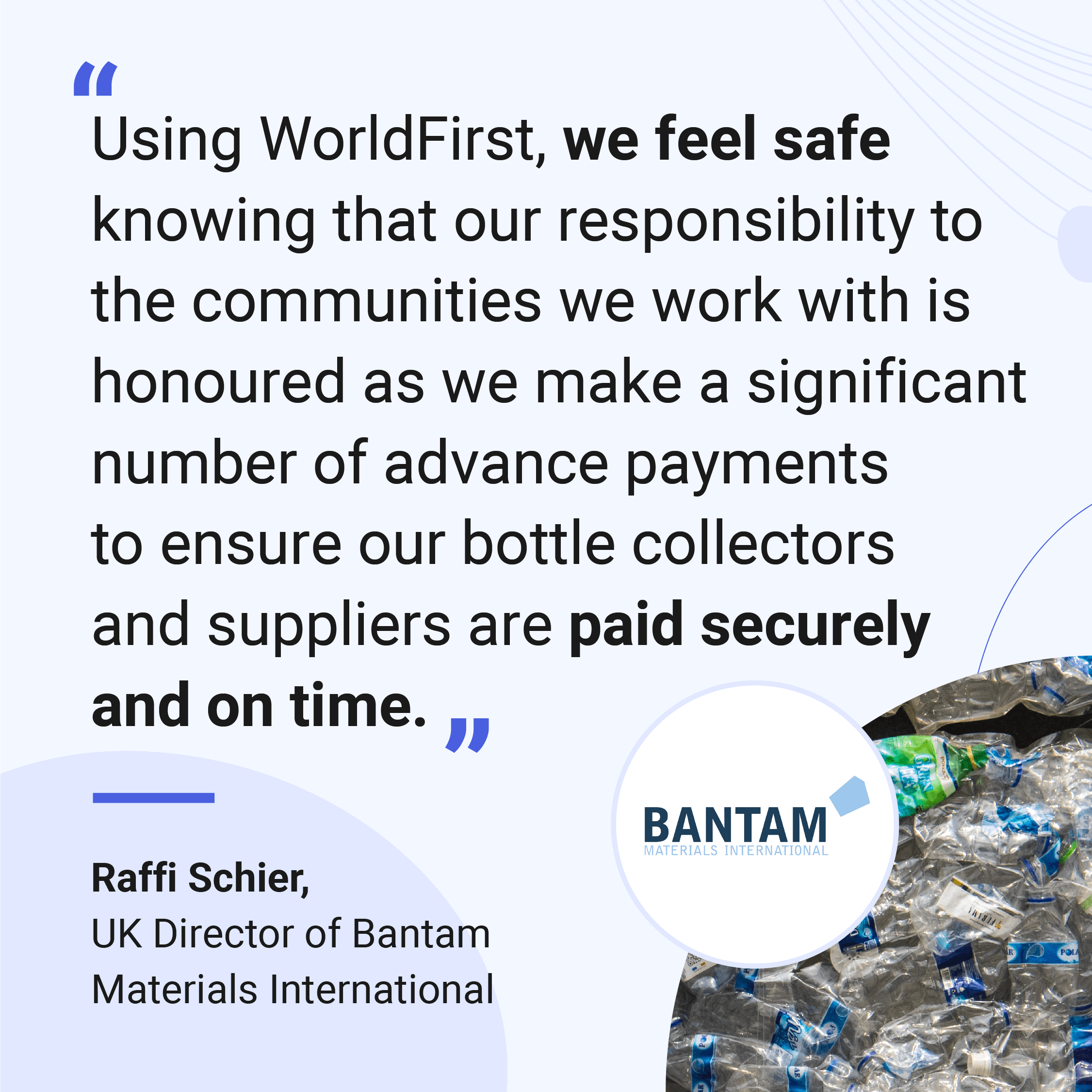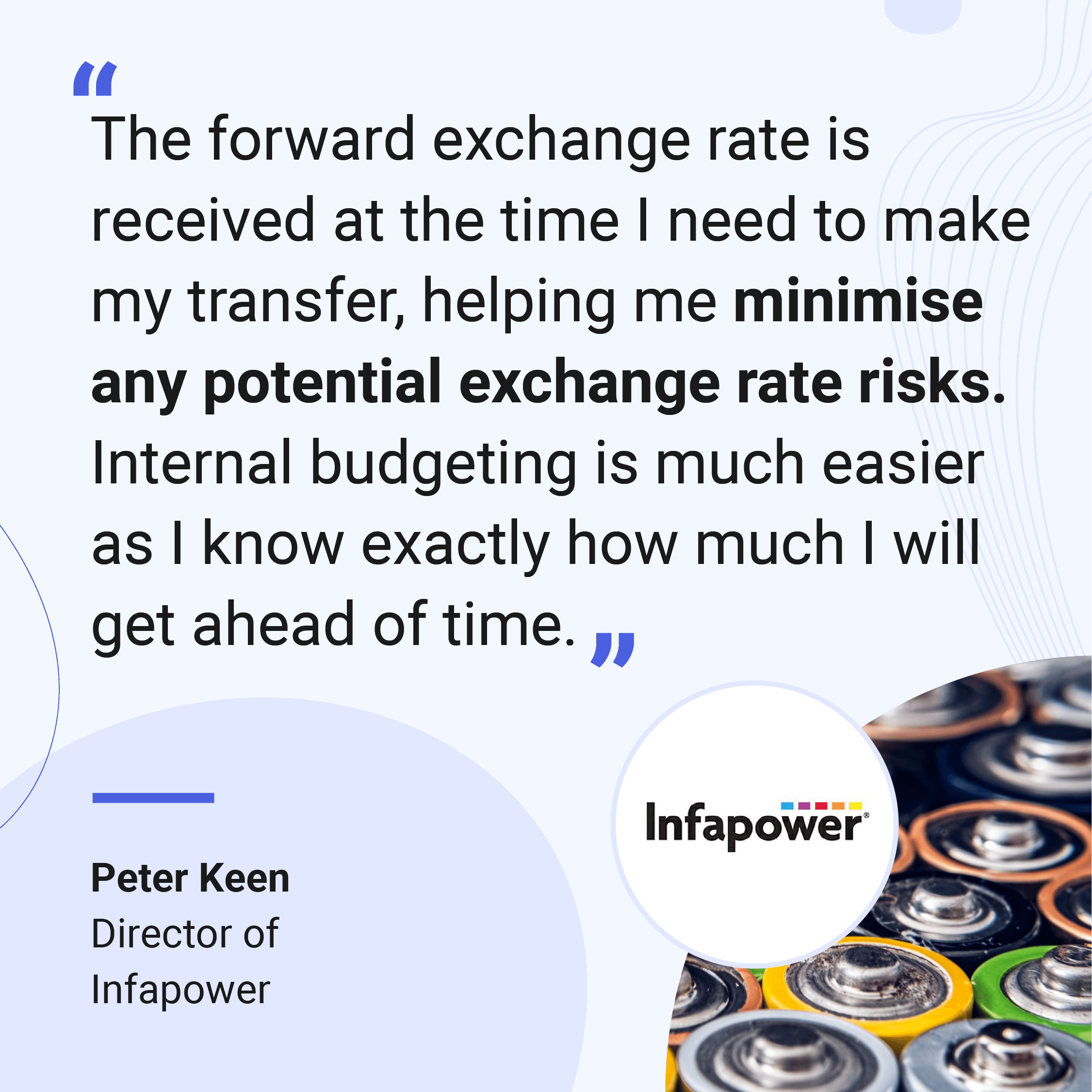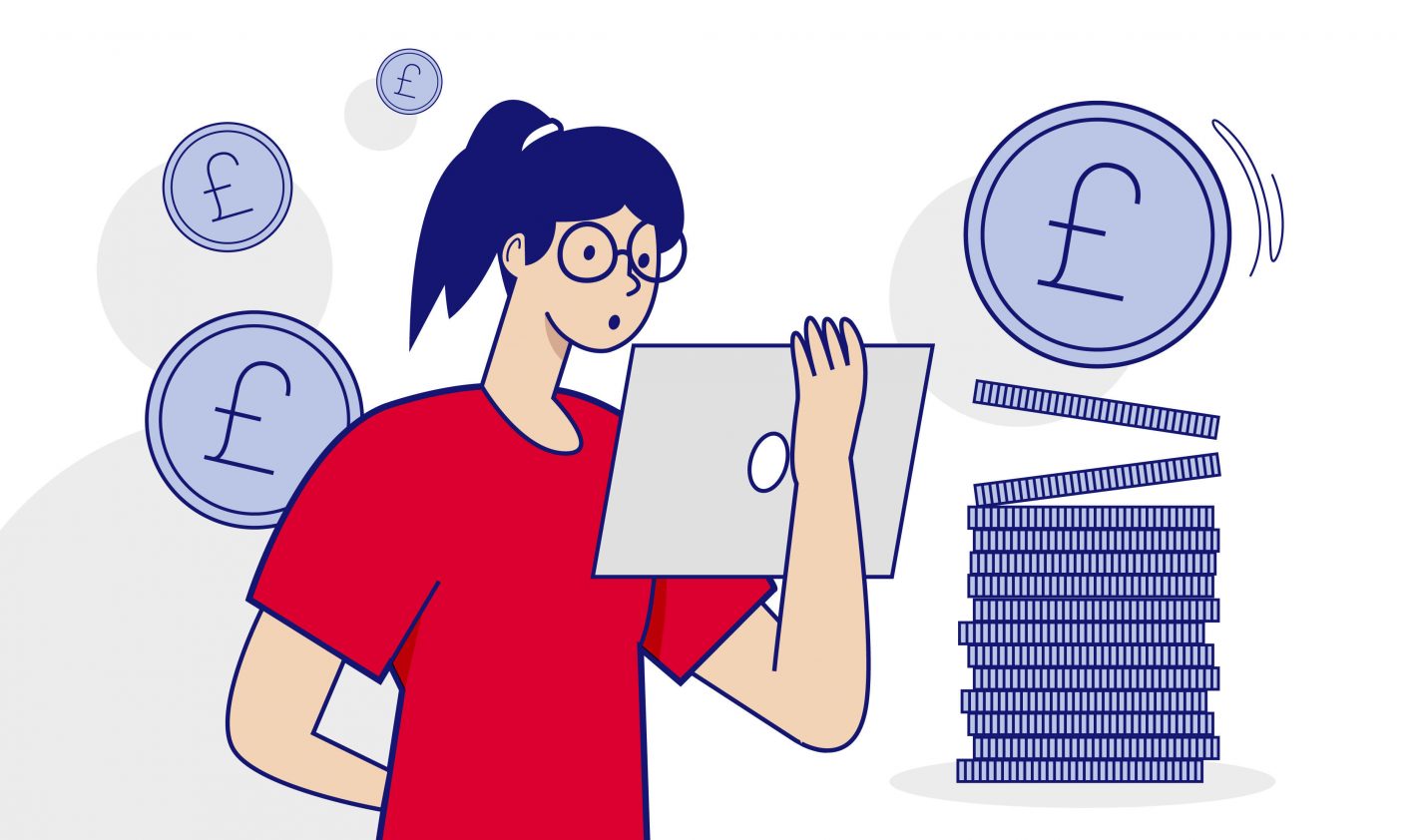
The past two years have seen a rise in popularity in selling on online marketplaces such as Amazon, Cdiscount and Etsy, as people take the opportunity to create a new income stream for themselves. With creators on apps such as TikTok providing top tips and insight into selling on these platforms, this trend isn’t slowing down anytime soon.
Whilst associated costs do vary across the marketplace platforms, and further research into the individual platforms would be required for any serious sellers, our experts have outlined some of the costs every marketplace seller should be aware of before selling products online.
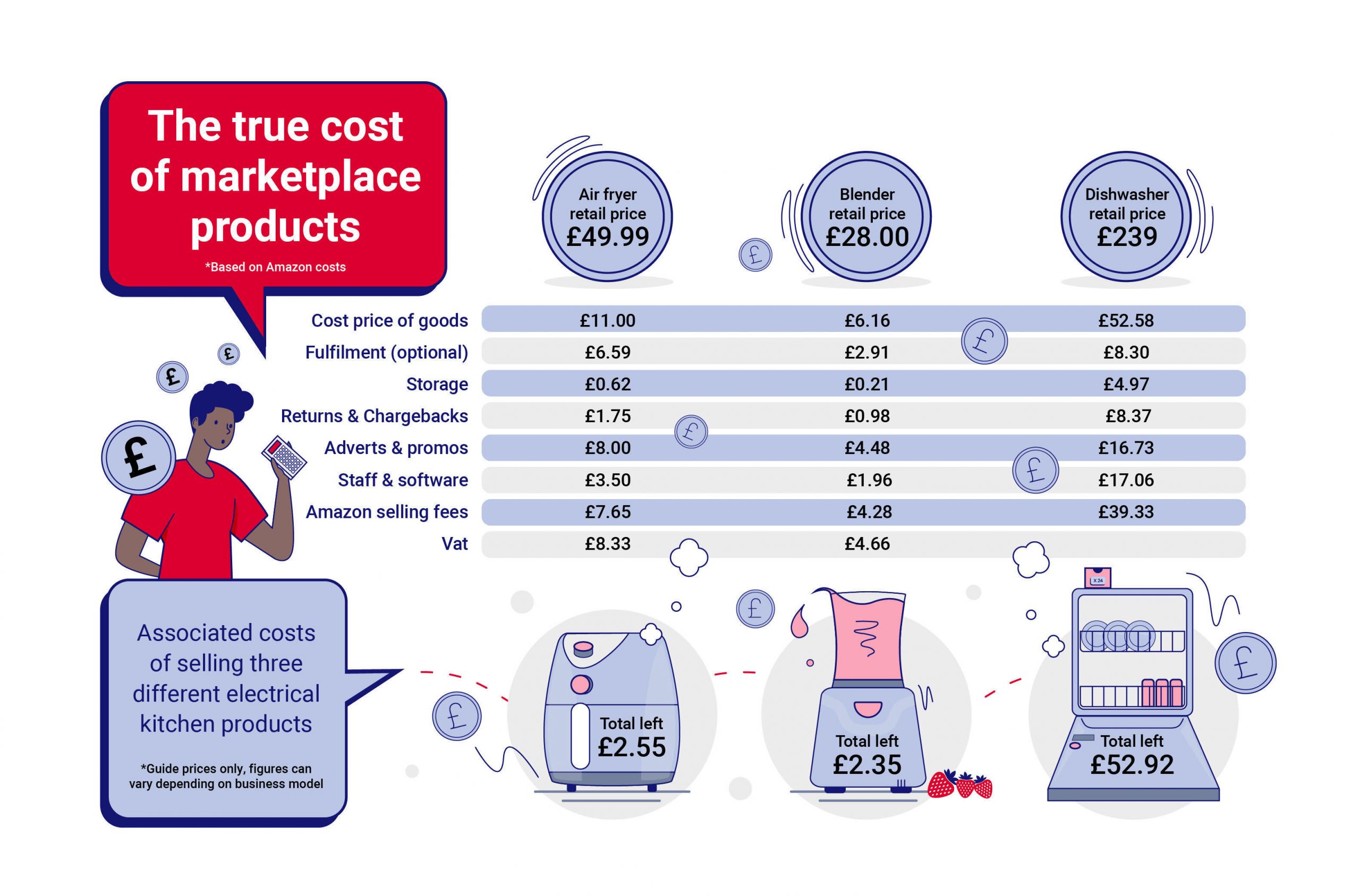
The infographic depicts the costs associated with three different electronic kitchen products on Amazon. Percentage wise, the majority of these costs remain the same, however storage, returns and chargebacks do vary based on factors such as the size and weight of the product.
Let’s break down the costs by percentage, to see exactly how they’re split:
- Cost price of goods - 22%
- Returns and chargebacks - 3.5%
- Adverts and promos - 16%
- Staff and software - 7%
- Amazon Selling Fees - varies (between 7 - 15%)
- Fulfilment - varies (based on the size/ weight of the product)
- Storage - varies (based on the size/ weight of the product)
Other marketplace platforms include costs such as listing fees, transaction fees and payment processing fees, which tend to vary based on the number of products listed or the product category.
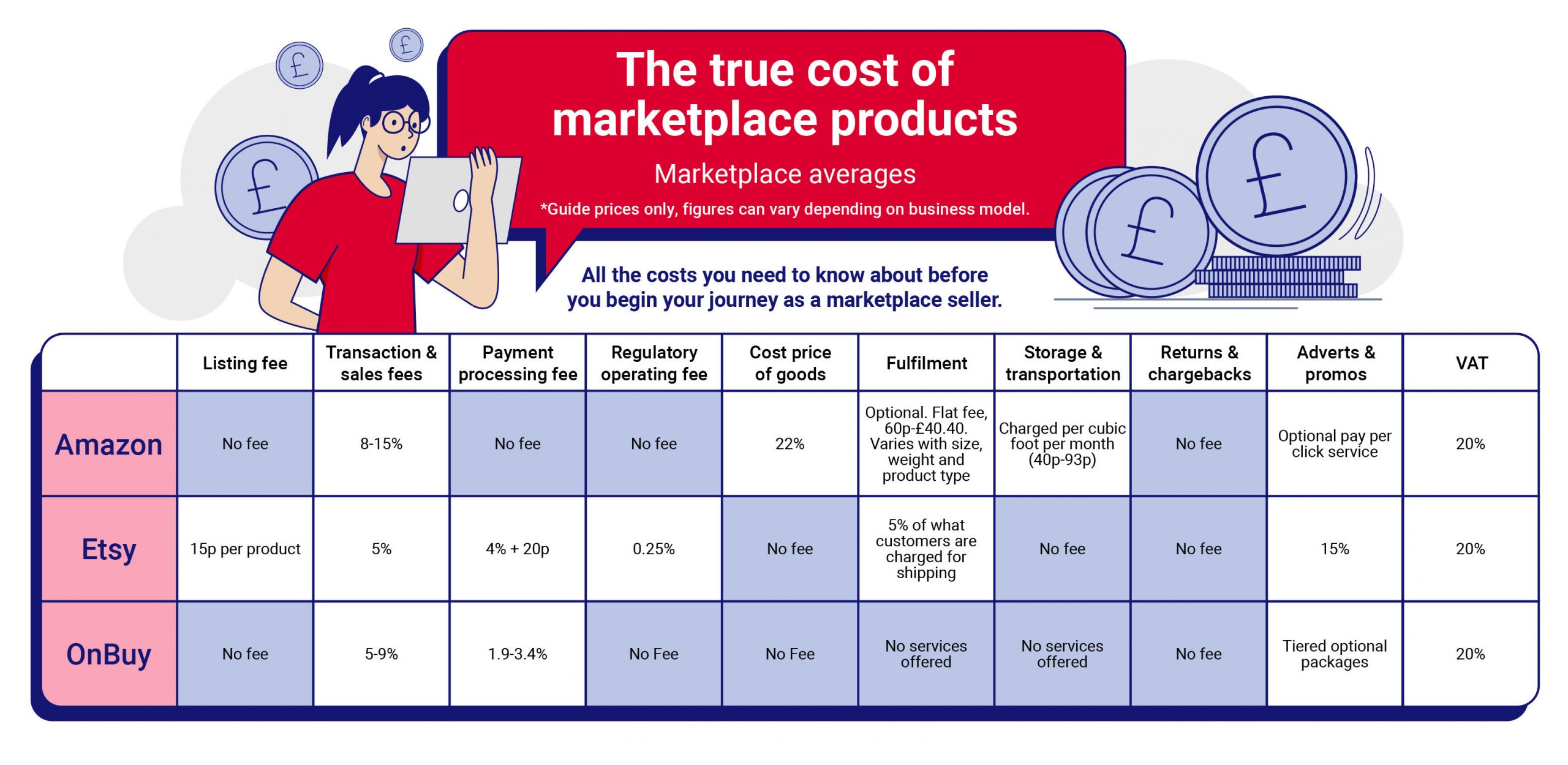
When it comes to some of the lesser known fees, we’ve outlined exactly what these are and when to expect to pay them as a marketplace seller:
1. Transaction fee
The transaction fee , which is sometimes known as a referral fee, or a “final value fee”, is a cost charged to the seller every time they make a sale. The fee is a percentage of the product price at the time of the sale, however the rate of these fees does often vary based on the product category.
2. Regulatory operating fee
The regulatory operating fee varies based on the seller’s location, and is a fee marketplaces such as Etsy charge in line with the increase in doing business online. This fee is added to ensure that the marketplaces are able to continue operating across certain territories where costs such as digital services tax have been introduced.
3. Payment processing fees
A payment processing fee is a cost certain marketplaces charge for their payment processing services. These fees can vary depending on a number of factors such as the location of the business, and the payment method each seller chooses to utilise.
4. Fulfilment
Fulfilment fees cover the costs and logistics associated with shipping products. Fulfilment fees tend to vary based on the product category and the weight and dimensions of each product. These costs also tie in with the storage fees, which are calculated based on the space required to store products per month.
Whilst many of these fees do vary depending on the type of products on offer, and the marketplace of choice, understanding the costs associated with being a marketplace seller is imperative to maintaining a successful e-commerce business.
Tom Kiddle, UK general manager at WorldFirst, said: “Online marketplaces give companies access to a global audience of hundreds of millions of potential customers, so they’re naturally attractive to businesses, whether new or existing, but it’s important to be aware of the overhead costs associated with selling online.
“Ultimately, for most businesses the exposure and customer base of these marketplaces is worth the cost of selling online. We recommend doing in-depth research in advance to ensure you’re choosing the right marketplace for your business, and to factor in any additional costs to your retail price to ensure that your business can thrive on your chosen platform."
Read our latest guide for more on the changing face of e-commerce fulfilment.

You might also like
Insights from WorldFirst cover the latest FX news, top accounting tips, strategies to mitigate risk and key industry trends. Choose a category below to find out more.
Businesses like yours trust WorldFirst
- Almost 1,000,000 businesses have sent $150B around the world with WorldFirst and its partner brands since 2004
- Your money is safeguarded with leading financial institutions
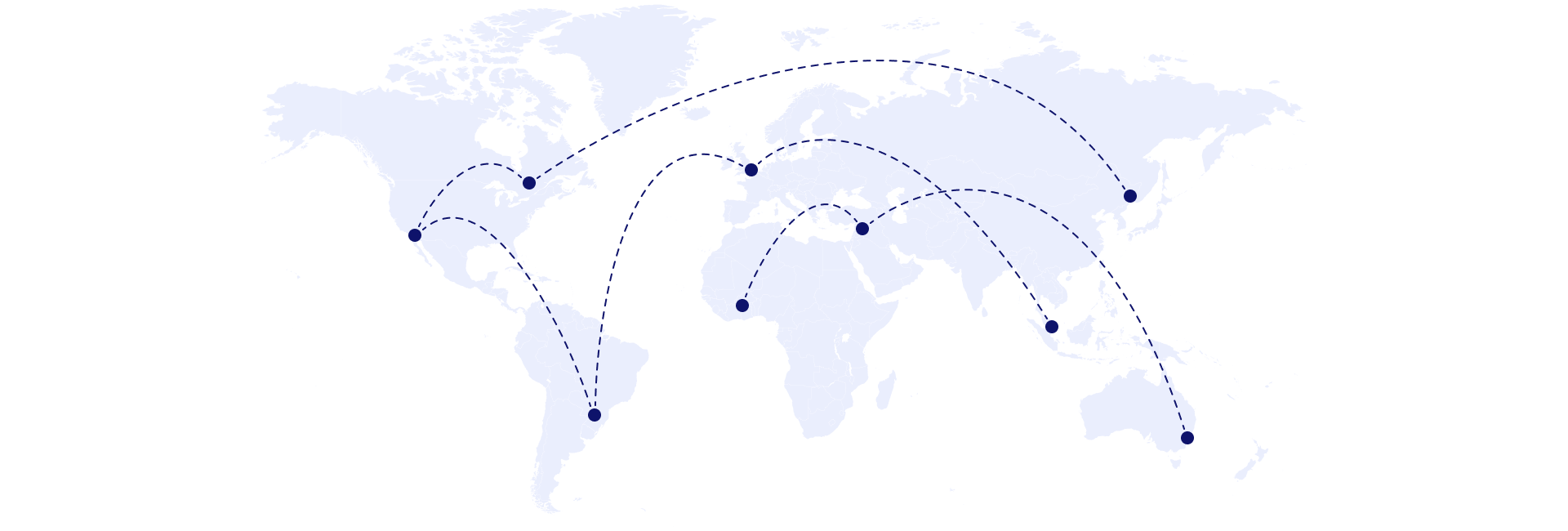
What our customers say about our services
